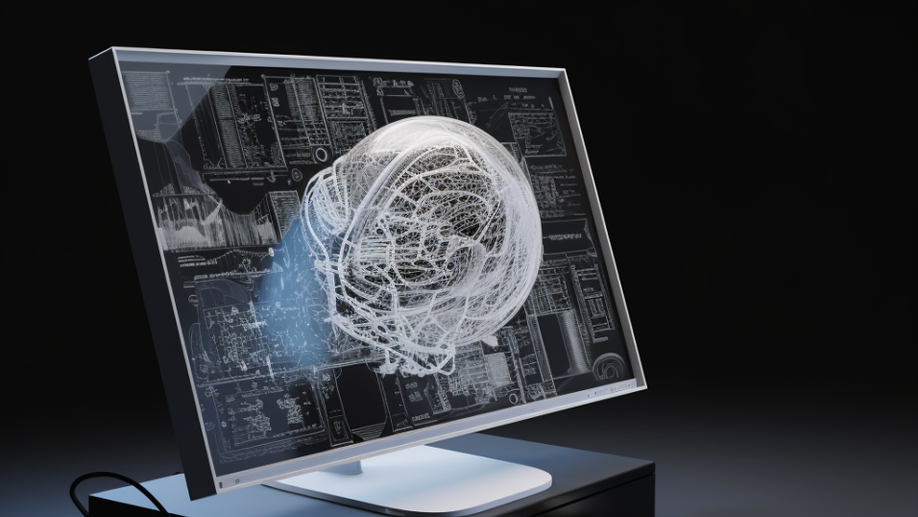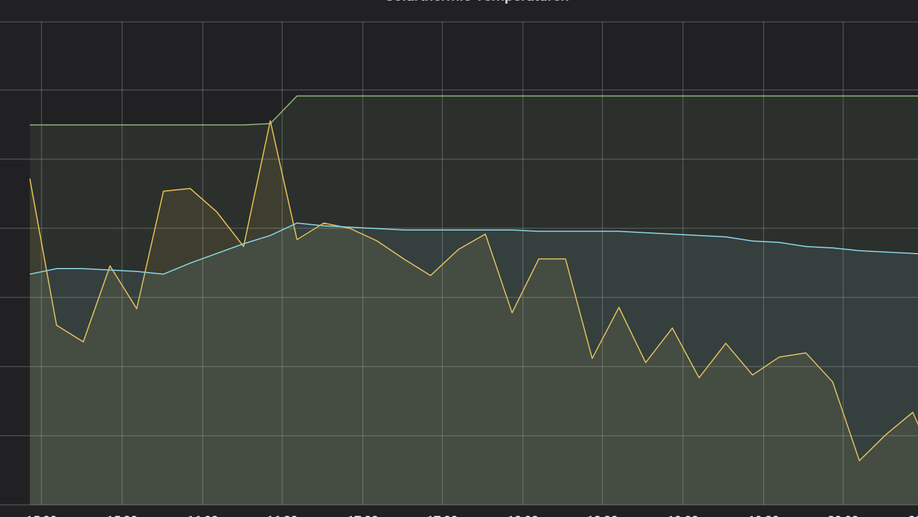After two posts on linked in by Jim Kring about hard working cats, I became curious on some other biases that exist in image generation and I started to play around with DALL-E. I can’t say how much is true for other providers like Midjourney but I assume similar results will hold true. I started playing around with it mainly interested in effects in a multilingual setup, however I found a few other things I want to point out below.
- ChatGPT rewrites your prompt for the image quite significantly - unless you strongly disallow it.
- Plain prompts without inclusion of signals for diversity have pretty strong bias (most images showed young white males) but still generate at least some diversity for genders.
- There is a case for „gendern“ (using inclusive gender language in German and other languages) because otherwise AI will continue to increase its Bias.
- Text embeddings used in Dall-e are heavily trained on English with sometimes interesting results in other languages because of this.












